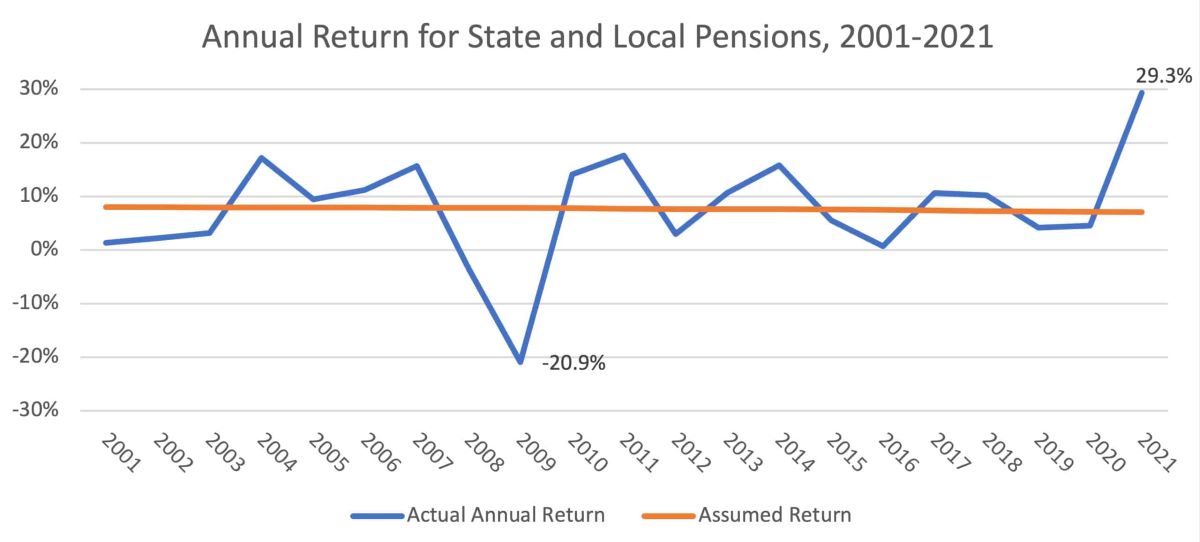

Finance
Sub-Sovereign Obligation (SSO) Definition
Published: February 3, 2024
Learn about the definition and importance of Sub-Sovereign Obligation (SSO) in finance. Gain insights into the significance of SSO for financial stability and government financing.
(Many of the links in this article redirect to a specific reviewed product. Your purchase of these products through affiliate links helps to generate commission for LiveWell, at no extra cost. Learn more)
What is Sub-Sovereign Obligation (SSO)?
Within the realm of finance, understanding the various types of obligations is crucial. One such type that holds significant value is the Sub-Sovereign Obligation (SSO). In this blog post, we will delve into the definition and importance of SSOs. So, whether you are a finance enthusiast or simply curious about this topic, keep reading to enhance your financial knowledge.
Key Takeaways:
- Sub-Sovereign Obligations (SSOs) are debts issued by local or regional governments, such as municipalities, states, or provinces.
- SSOs are considered to be less risky than corporate bonds, but riskier than sovereign bonds.
Understanding Sub-Sovereign Obligations (SSOs)
Sub-Sovereign Obligations, often abbreviated as SSOs, refer to debt obligations issued by local or regional governments. These entities could include cities, municipalities, states, provinces, or any other sub-national governmental body. One notable aspect of SSOs is that they fall in between the risk spectrum of corporate and sovereign bonds.
Now, you might ask, why do sub-sovereign entities issue bonds in the first place? Well, the main reason is to finance various public infrastructure projects and initiatives that aim to benefit the local community. These projects can range from the construction of schools, hospitals, and roads to the development of parks and cultural centers.
When it comes to investing in SSOs, it is important to note that they are generally considered to be less risky compared to corporate bonds. This perception stems from the fact that sub-sovereign entities have the support and backing of the larger sovereign government, which gives them a level of security. However, it is crucial to evaluate the specific financial health and creditworthiness of the sub-sovereign entity before considering any investments.
The Importance of Sub-Sovereign Obligations (SSOs)
Sub-Sovereign Obligations play a vital role in the world of finance and public administration. Here are a few reasons highlighting their importance:
- Funding Local Projects: SSOs provide sub-sovereign entities with the necessary financial resources to undertake crucial public infrastructure projects that can enhance the living standards and well-being of the local community.
- Diversification for Investors: SSOs offer investors an opportunity to diversify their portfolios beyond sovereign and corporate bonds. This diversification can help reduce risk and potentially enhance overall returns.
- Supporting Economic Growth: By investing in SSOs, investors indirectly contribute to the growth and development of local economies. This can lead to job creation, improved infrastructure, and a thriving business environment.
It is essential to mention that investing in SSOs, like any other financial instrument, carries its own set of risks. It is advisable to consult with a financial advisor or professional before making any investment decisions. Doing thorough research and due diligence is crucial to mitigate potential risks and ensure a successful investment journey.
In conclusion, Sub-Sovereign Obligations (SSOs) are an important aspect of the financial landscape, providing local and regional governments with access to funding for public projects. Understanding the definition and implications of SSOs is vital for both investors and those interested in public finance. By delving into the world of SSOs, you can better appreciate their significance and potential impact on economic growth and development.














